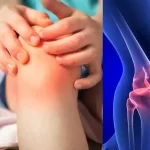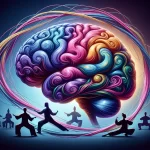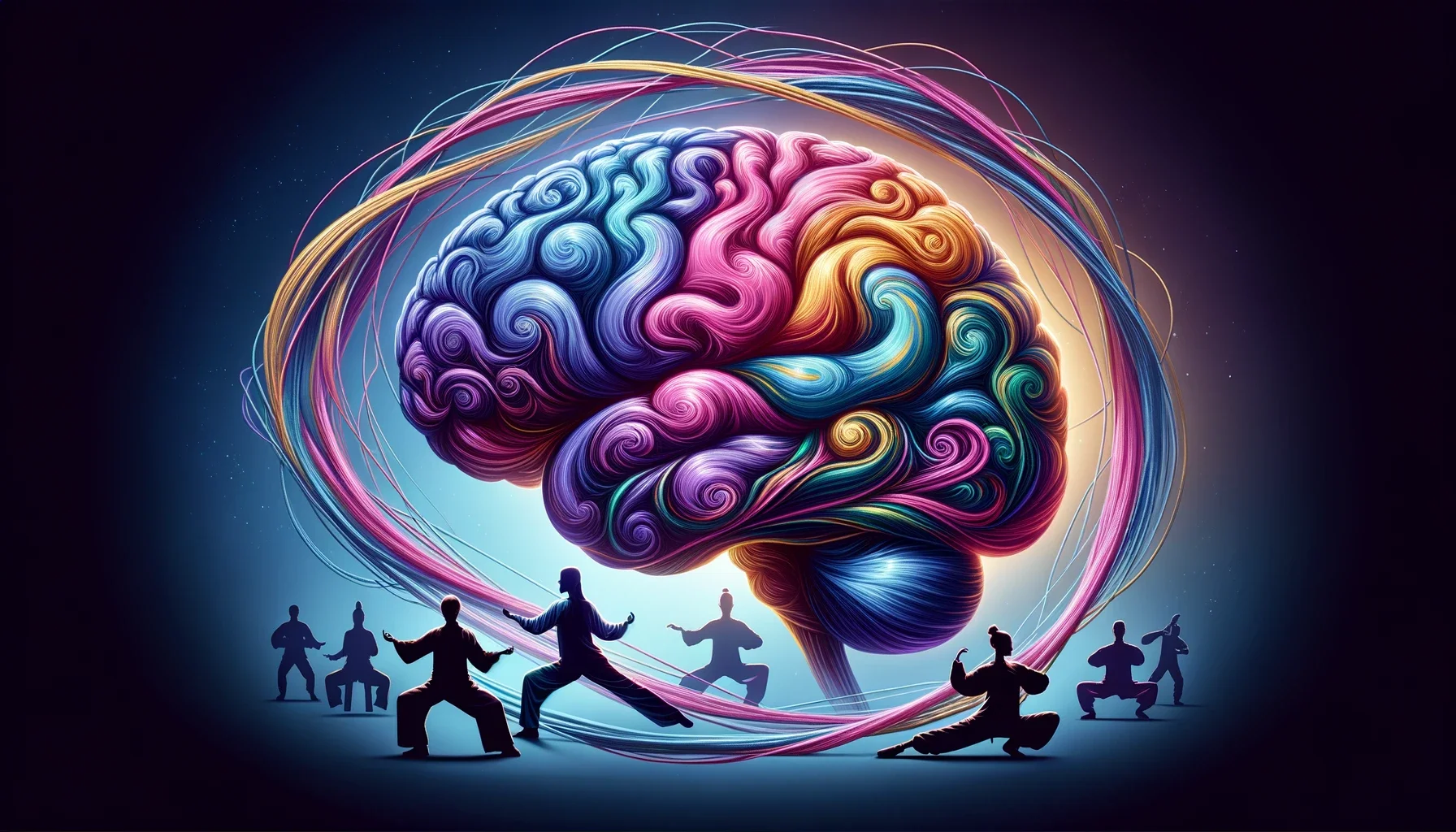Here are Medications for mental health conditions
Medications for mental health conditions fall into several categories, including antidepressants, antipsychotics, mood stabilizers, anxiolytics, and stimulants. Each category of medication works differently and is prescribed for specific mental health conditions.
They can help alleviate symptoms, improve quality of life, and promote recovery.
However, taking medication for mental health conditions can be complicated, and medication management is essential to ensure that the benefits of medication outweigh the potential risks.
It is essential to work closely with a healthcare provider to determine the appropriate medication and dosage.
Medication management involves several steps that patients can take to ensure they are taking their medication correctly and safely.
Types Of Medications For Mental Health Conditions
Medications are one of the most common forms of treatment for mental health conditions. There are many different types of medications available, each with their own unique benefits and potential side effects.
Some of the most commonly prescribed types of medications for mental health conditions include:
Antidepressants: These medications are used to treat depression and other mood disorders. They work by increasing the levels of certain chemicals in the brain, such as serotonin and norepinephrine.
Antipsychotics: These medications are used to treat psychotic disorders, such as schizophrenia. They work by blocking certain chemicals in the brain that can cause hallucinations and delusions.
Mood stabilizers: These medications are used to treat bipolar disorder and other mood disorders. They work by regulating the levels of certain chemicals in the brain, such as dopamine and serotonin.
Anti-anxiety medications: These medications are used to treat anxiety disorders, such as generalized anxiety disorder and panic disorder. They work by reducing the activity in the brain that causes anxiety.
Stimulants: These medications are used to treat attention-deficit/hyperactivity disorder (ADHD). They work by increasing the levels of certain chemicals in the brain, such as dopamine and norepinephrine, which can help improve focus and attention.

It’s important to note that while medications can be very effective for treating mental health conditions, they are not a cure.
They should always be used in conjunction with other forms of treatment, such as therapy and lifestyle changes.
It’s also important to work closely with a healthcare provider to determine the best medication and dosage for your individual needs, and to closely monitor any potential side effects.
Tips For Effective Medication Management
Here are some tips for effective medication management for mental health conditions.
Know Your Medications
It is essential to understand what medications you are taking and why. Your healthcare provider should provide you with detailed information about your medication, including its name, purpose, dosage, and potential side effects. You should also know the names of any generic versions of your medication.
Take Medications as Prescribed
It is crucial to take medications exactly as prescribed. Skipping doses, taking medications at the wrong time, or altering dosages can affect their effectiveness and may cause unwanted side effects.
If you have concerns about taking your medication or have trouble adhering to your medication schedule, talk to your healthcare provider.
Understand Potential Side Effects
All medications have potential side effects. It is essential to understand what side effects are possible and what to do if they occur. Some side effects may be mild, while others can be severe and require immediate medical attention.
Keep a Medication Journal
Keeping a medication journal can help you stay organized and track your medication use. In your journal, record the date and time you took your medication, any side effects you experienced, and any missed doses.
Be Open with Your Healthcare Provider
It is crucial to be open and honest with your healthcare provider about any concerns or issues related to your medication. Your healthcare provider may be able to adjust your dosage or prescribe a different medication to help alleviate side effects or address other concerns.
Don’t Stop Taking Medication Without Consulting Your Healthcare Provider
Stopping medication abruptly or without consulting your healthcare provider can be dangerous and may cause withdrawal symptoms or a relapse of your condition. If you are considering stopping your medication, talk to your healthcare provider first.
Store Medication Safely
Medications should be stored in a cool, dry place, out of reach of children and pets. Do not store medications in the bathroom or other damp areas, as humidity can affect their potency.
Be Mindful of Other Medications and Supplements
It is essential to be mindful of other medications and supplements you are taking, as they may interact with your mental health medications. Make sure your healthcare provider is aware of all medications and supplements you are taking.
Don’t Share Your Medication
Sharing medication with others can be dangerous and is illegal. Your medication is prescribed specifically for you and your condition, and sharing it with others can cause harm.
In conclusion, medication management is crucial for effective treatment of mental health conditions.
By following these tips and working closely with your healthcare provider, you can ensure that you are taking your medication correctly and safely, leading to improved mental health and overall wellbeing.
Health Benefits of Blueberries
Anxiety and an Anxiety disorder
Anxiety and an Anxiety disorder

A graduate of Computer Science and Information Management Technology. Diploma – Caregiving, Certificates – Dementia and Diabetes Awareness and Management. A researcher, blogger, songwriter, singer and acoustic guitarist. Born in an environment where natural talents such as healing are imparted at our natural birth. This natural talents of healing is the result of our genetic inheritance and the training from family environment.



















